Keynote Speakers
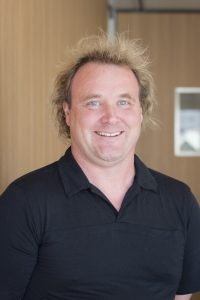
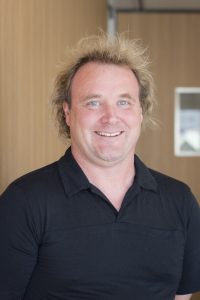
Samuel Mann
Talk Title
Searching for Computing’s Soul: Professional Practice and the Future of Computing Education
Abstract
Computing has repeatedly proven its ability to change the world. Each new advancement of technology provides more power, speed, and efficiency, unleashing changes that would seem almost magical only a few years before. But even as each new thing becomes everyday, it also unleashes new challenges – unexpected ethical dilemmas and often worsening cultural, environmental, and social injustices. As computing educators, we like to bask in the glow of our graduates’ innovative abilities but we must also remain complicit in computing’s capacity for harm. We might teach ideas of computing ethics or sustainability, but these mostly get relegated to “soft skills “thank goodness I’ve finished that ethics course, now can I get back to computing?!”. I argue this problem can largely be traced back to computing’s lack of purpose – or an immature notion of a computing profession that lacks its own set of values and so accepts by default the neoliberal role as an enabler of efficiency. In this talk, I take a professional practice approach to consider how we might better integrate a hopeful and regenerative approach to computing education. I describe a professional framework of practice and its application in ethics, sustainability and decolonising computing and then provide examples of how these can be better integrated into computing education. I conclude with a manifesto for computing education.
Profile
Samuel Mann strongly believes that computing has the power to bring about positive change. His background in computing, geography and botany has enabled him to dedicate his career to developing frameworks to allow computing professionals to deliver on this promise of socioecological good.
His book “The Green Graduate: Educating Every Student as a Sustainable Practitioner”, outlines a framework for integrating sustainability into every course of study. This framework was successfully adopted by all polytechnic computing programmes in New Zealand, following its transformation of education at Otago Polytechnic.
However, his subsequent work on a transformation mindset has shown that even with computer science’s best efforts towards a sustainable future, there is still much to be learned. Sam has been working with indigenous groups to better understand the potential and urgency of decolonising computing, and how we can ensure that computing serves the needs of all members of society.
Sam’s book “Sustainable Lens: a visual guide” explores the visual narrative of sustainability. This book proposes a “sustainable lens”: to act sustainably we need to first “see” sustainably. Sam has a weekly radio show and podcast (http://sustainablelens.org) where he and a colleague have conversations with people from many different fields who are applying their skills to a sustainable future. In these conversations they try to find out what motivates their guest and what it means to see the world through a sustainable perspective. This research archive now has more than 850 interviews.
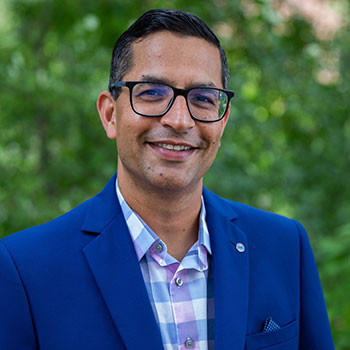
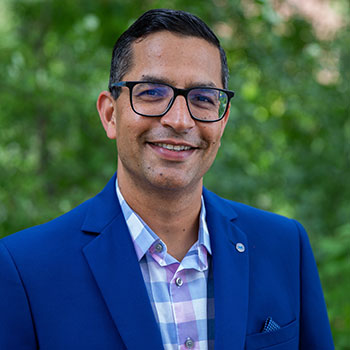
Dr. Aman Yadav
Talk Title
Computing Education for Primary Schooling: Developing Teacher Knowledge
Abstract
The push for computer science education to primary schooling requires training teachers and developing their knowledge to teach computing. However, computing goals within primary schooling need to move away from teaching coding to curricular and pedagogical goals teachers have. In this talk, Dr. Aman Yadav will discuss how to support teachers to see the relevance of computing to their core curriculum and how teachers take advantage of computation to support their core instruction. Using classroom examples from his work with elementary teachers, he will share evidence-based ways to develop teachers’ competencies and skills to integrate computational thinking in their classrooms. Dr. Yadav will also discuss how teachers use computational thinking as a way to explicitly teach metacognitive strategies to their students and improve their core learning outcomes.
Profile
Dr. Aman Yadav is the Lappan-Phillips Professor of Computing Education in the College of Education and College of Natural Science at Michigan State University with extensive experience in research, evaluation, and teacher professional development. His areas of expertise include computer science education, problem-based learning, and online learning. His research and teaching focus on improving student experiences and outcomes in computer science and engineering at the K-16 level. His co-edited book, Computational Thinking in Education: A Pedagogical Perspective tackles how to integrate computational thinking, coding, and subject matter in relevant and meaningful ways. His work has been published in several journals, including Computer Science Education, ACM Transactions on Computing Education, Journal of Research in Science Teaching, Journal of Engineering Education, and Communications of the ACM.
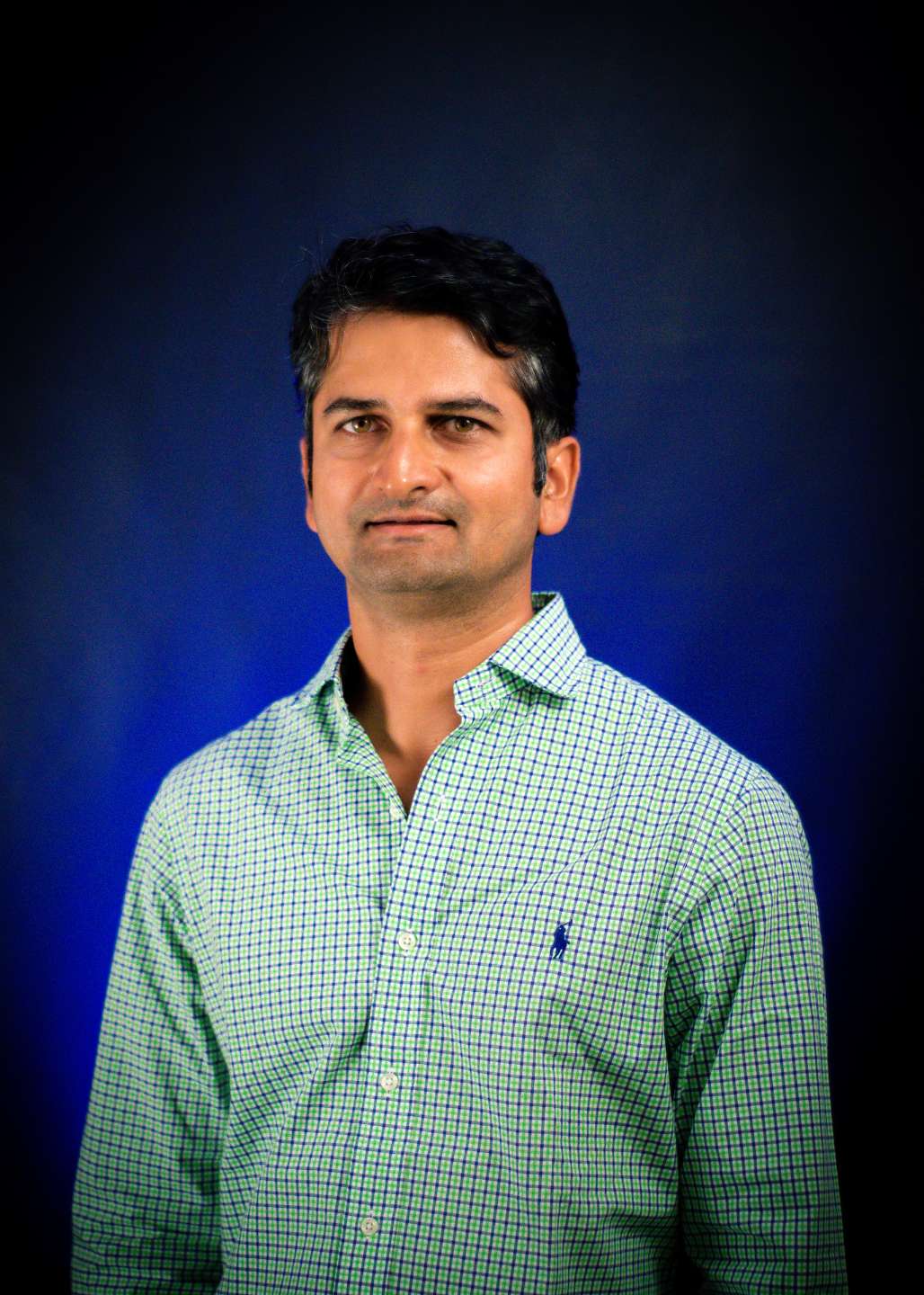
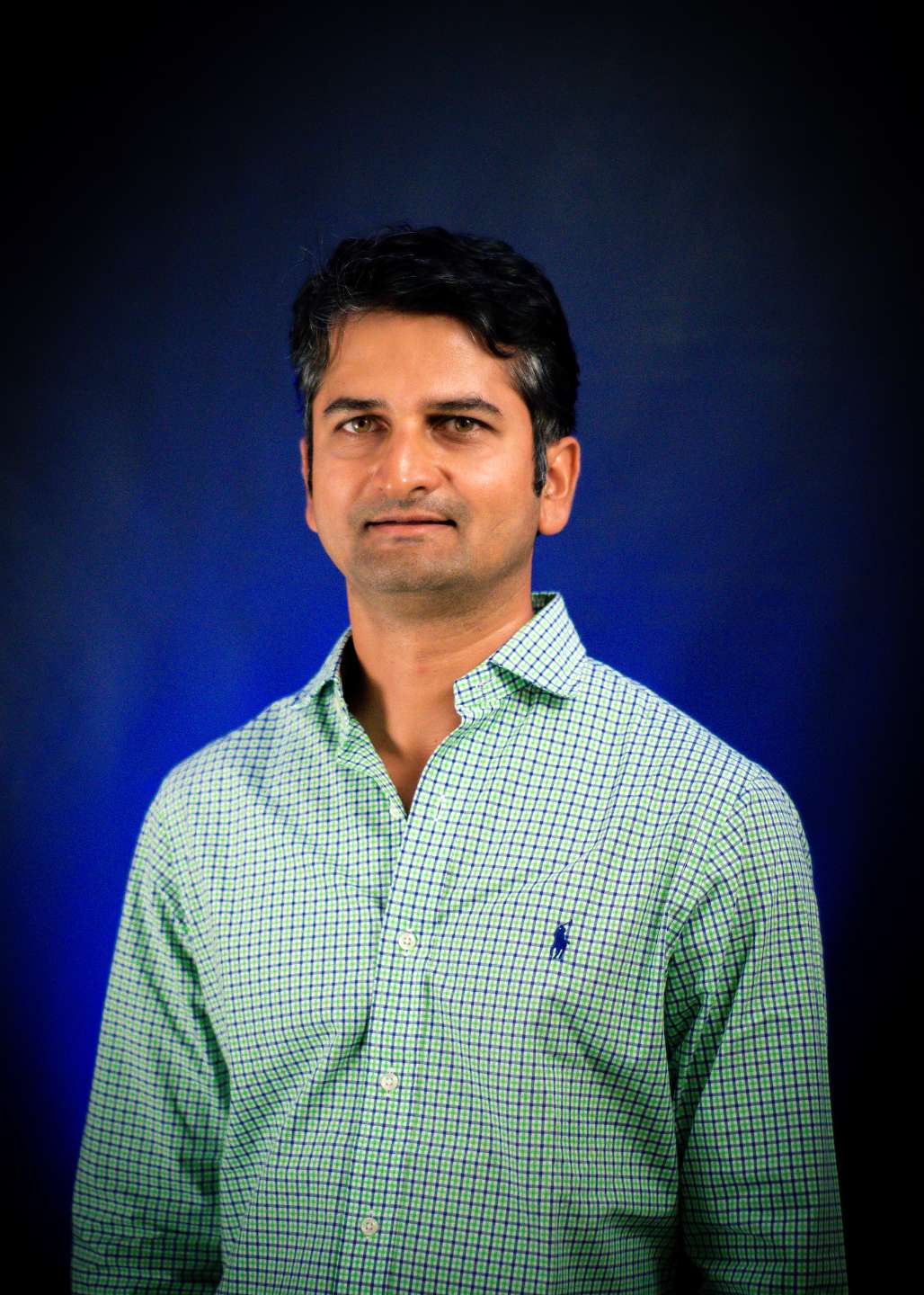
Dr. Ashish Amresh
Talk Title
Leveling Up Education: Harnessing Generative AI for Game-Based Learning
Abstract
Generative AI has exploded in popularity over the past few years and is showing no signs of slowing down. There is skepticism among educators and institutions on the best ways to harness its power without ignoring ethical and equitable challenges that arise with its use. One area where there is emerging consensus is in building personalized learning solutions that can provide equitable access to a wide range of learners without compromising on ethical challenges. Simultaneously game-based learning has proven to be a viable paradigm to engage learners and the ability of games to be able to adapt to the player/learner provides significant opportunities to build equitable and accessible personalized learning solutions. In this talk, we will discuss ways in which game-based learning and generative AI can synergistically be combined to take advantage of each other’s capabilities and create educational interventions that can be offered at scale. By combining the interactive and motivational aspects of games with the adaptability and intelligence of generative AI, educators can unlock new opportunities to cater to individual learning needs and cultivate a more effective and enjoyable learning process. We will look at experimental software frameworks that can drive and level up education in multiple contexts and showcase some exemplars that demonstrate the promise that this integration provides.
Profile
Dr. Ashish Amresh is an Associate Professor of Computer Science at Northern Arizona University and conducts research in the development of Serious Games. He previously led the Computer Gaming curriculum initiatives at Arizona State University, where he founded the Computer Gaming Certificate, Camp Game, and UTBC programs. He was the founding program chair for the Simulation Science Games and Animation program at Embry Riddle Aeronautical University and his industry pursuits included working for Ronin Entertainment as a Graphics Software Engineer known for Star Wars: Force Commander and Bruce Lee Quest of the Dragon games. He is the author of Unreal Game Development, a popular book used for teaching game development skills to high school students. He has given numerous talks on using games in the classroom to enhance math and science learning. He is currently researching the development of software tools to improve game-based learning outcomes.


Rakesh Paladugula
Talk Title
Defining Disability Inclusive Education
Abstract
The paradigm of education has moved from blackboard to digital board, physical books to e-books and physical to virtual classrooms. With the shift from print-based learning to digital, educators and students must adapt. As the digital revolution in education continues, educators need to make sure they aren’t leaving students with disabilities behind.
Ask yourself – Is everyone fully participate despite their ability to see, hear and able to understand? Is the hearing challenged student in the class able to follow your lecture? Is the study material supplied for the class readable by a low vision student?
In this talk, Rakesh will share how education technology has transformed the learning experience for students with disabilities and steps we can take toward more inclusive education.
Profile
Rakesh Paladugula was diagnosed with a genetic disorder called Retinitis pigmentosa at the age of 16 and later completely lost his sight. He is a passionate advocate for digital accessibility and a motivational speaker. For the last 15 years he has been successful in advocating and practicing digital accessibility. He was a member for W3C WCAG standards working group and WAI ARIA technical standards working groups in the past. He is currently a Sr Product Manager for Accessibility at Adobe.
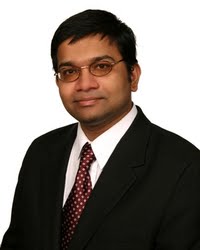
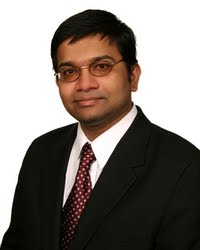
Prof. Sudip Misra
Talk Title
Research and Education in IoT: My Humble Contributions, Experiences and the Road Ahead
Abstract
In this talk, I feel privileged and honoured to share my experiences contributing to the research and education of Internet of Things (IoT), alongside the advances that have been made to the field globally. IoT is the ubiquitous technology behind the smart revolution of the present day. By enabling everyday ‘things’ and objects to be connected to the backbone internetwork, IoT, along with its allied technologies such as cloud computing, ML and fog computing, is truly a social revolution, where every animate and inanimate object come to ‘life’. Along with my many co-researchers and scholars, with whom I have been fortunate enough to work, my contributions on IoT have focused on enriching both the academia as well as the industry and society through research, teaching and outreach activities. Few of the promising applications of IoT where I have concentrated are those in smart healthcare, smart agriculture, smart industries and smart education. The several solutions proposed by me and my team are aimed at solving critical issues of the said domains through the use of IoT and bridging key gaps using smart communication technologies. Concepts such as sensor virtualization and sensor cloud have thrown open new areas of research for academicians and educators alike. In fact, for the last few years, I have been heavily engaged in imparting technical education in IoT, both through short term courses and online courses as well as full semester credit courses to different levels of candidates, UG, PG, Ph. D, working professionals and any interested persons. Of special mention are two of my courses on IoT and Industrial IoT offered twice a year over the NPTEL platform, which sees enormous participation and enrolments from the learners. The said courses have helped a large number of students and professionals alike to learn about IoT at various levels. Bright and motivated students are also offered internships on various IoT projects at my laboratory at IIT Kharagpur, where they experiment on real-world problems and gain practical skills on IoT and sensor technologies. Recently, I have focused my research towards green technologies and energy efficiency in IoT as well, with the aim of providing sustainable technologies for the smarter future. As an educator, I feel that the amalgamation of IoT with education principles and pedagogy accelerates us towards a promising digital revolution in teaching principles. IoT-based smart education empowers the creation of personalized, interactive, and adaptive learning experiences for the students as well as tailormade teaching practices for the educators alike. I have been fortunate enough to utilize some of the advanced technologies in my teaching. Educators can design their curricula based on the competency and abilities of the students, which is especially beneficial for students with special abilities. No fixed and rigid pedagogy is applicable anymore, rather it has to be dynamic and evolving. In my teaching, I do not restrict myself to only the theory, but I always continuously engage the students with practical IoT testbeds and DIY kits which offer holistic learning. Technology-assisted learning is the next big thing in education being adopted globally, and IoT serves as the backbone behind its successful implementation.